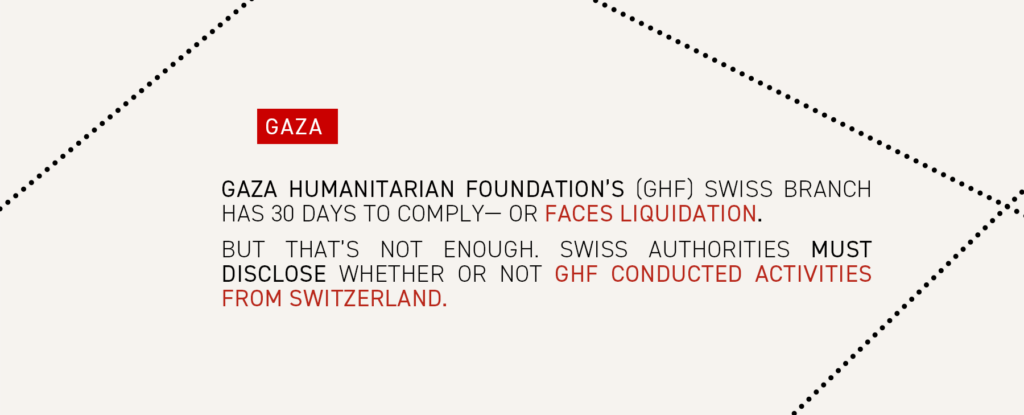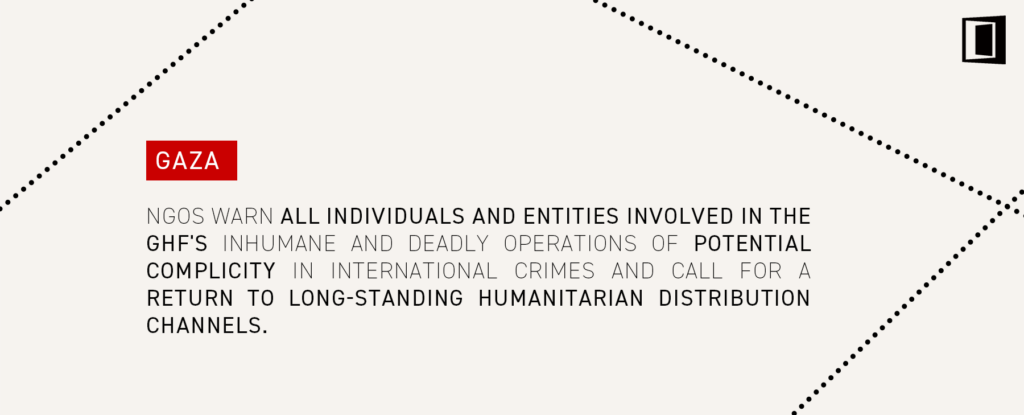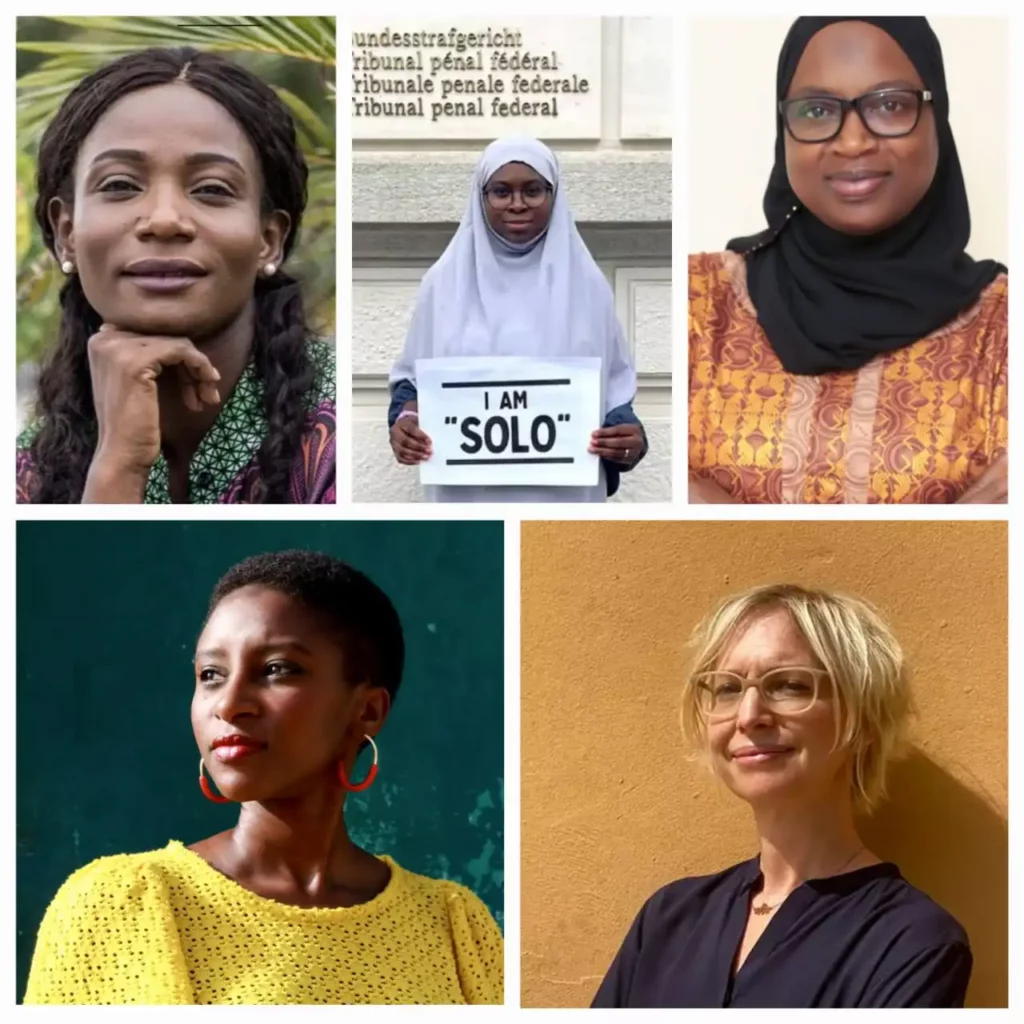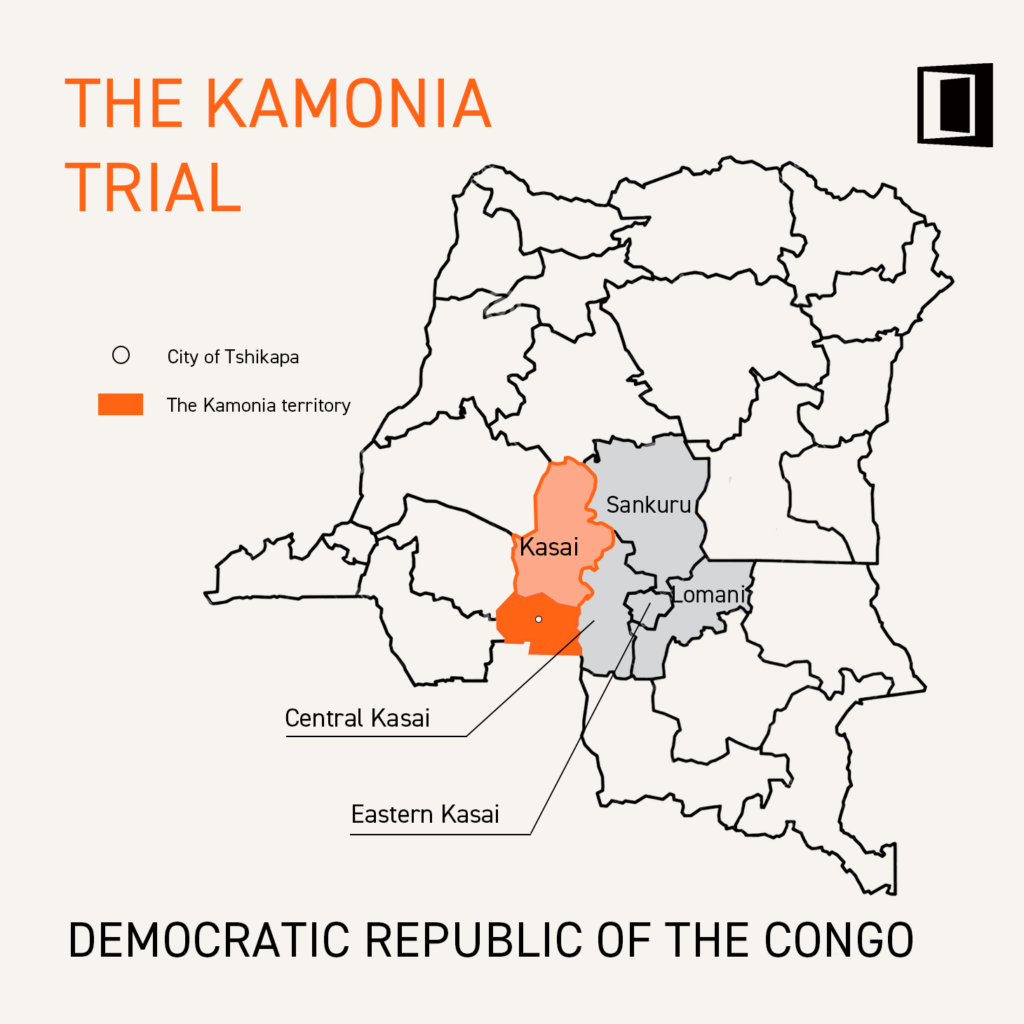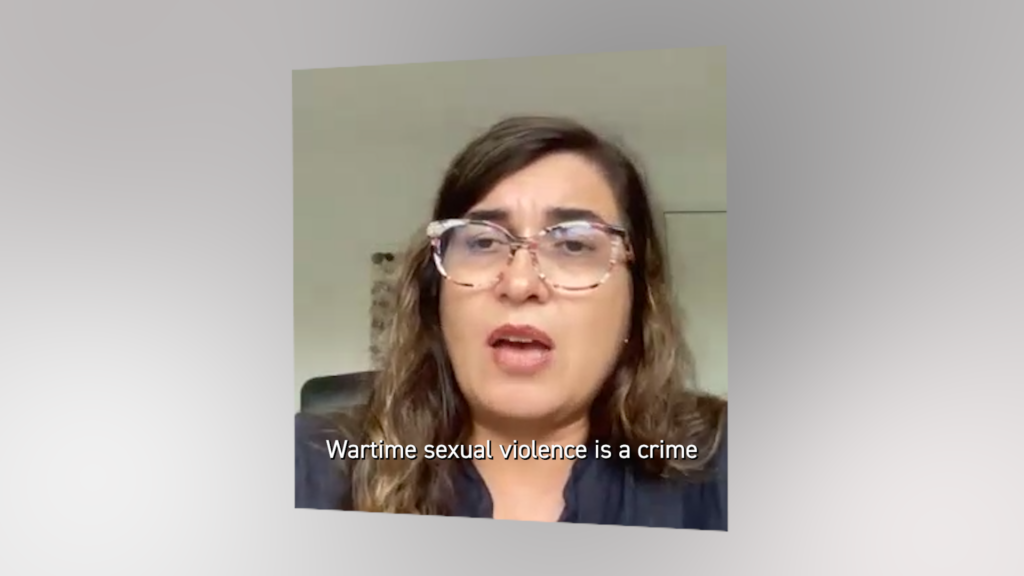Women helping women: meet the professionals working with sexual violence victims
Across Bosnia and Herzegovina, thousands of women struggle with the scars of wartime sexual violence. TRIAL International has met the professionals who help them regain agency and confidence.
Degraded, objectified, dehumanized. These words often come back in the mouth of sexual violence victims. The trauma of wartime sexual violence is not limited to physical pain, striking at the essence of victims’ dignity and character. According to neuropsychiatrist Alma Bravo Mehmedbasic, the intimate – often taboo – nature of sexual crimes results in a “combined torture” that leaves lifelong scars – both visible and invisible.
Post-Traumatic Stress Disorder (PTSD), including sleeping problems, mood swings, difficulty concentrating and paranoia, is often cited as a consequence of sexual violence. But for Alma Taso Deljkovic and Tanja Tankosic of the Witness Support Section of the Court of BiH, this description is reductive. “PTSD is the lightest version of trauma the victims would have. In some instances, it is closer to a permanent change of personality. The trauma can even permeate the next generation; we have encountered victims’ children presenting major psychological issues.”
The unspeakable crime
Alarmingly, these issues often go untreated. Alma Bravo Mehmedbasic estimates that the vast majority of victims have never received psychological support. Medical services are insufficient in rural Bosnia, and victims are often unable to travel to urban centers for treatment.
Another, less tangible factor is also at work: the victim’s feeling of humiliation, born from the country’s patriarchal culture. Aleksandra Petric of United Women Banja Luka observes: “In Bosnia, even if rape happened in peacetime, victims are judged for provoking that kind of crime.”
Besima Catic is a psychotherapist working with victims of sexual violence. A large part of her job is removing the burden of the assault from women’s shoulders. “I explain to them that what happened was involuntary, they didn’t want that. It happened without their permission so they shouldn’t feel guilty.”
Nevertheless, many women continue to suffer in silence, with limited access to the type of treatment described by Catic.
Closure through justice
What does help victims move forward is seeking justice, especially seeing their aggressors punished.
Besima Catic deems this yearning intrinsic to the psychological makeup of most individuals: “When someone hurts us, it is normal that you want this person to be punished. It is necessary satisfaction for victims. Sanctions make them feel like the moral order has been restored.” Likewise, psychologist/psychotherapist Teufika Ibrahimefendic believes that seeing perpetrators brought to justice is a form of recovery in itself.
But the process is not without psychological hurdles, and not all courts in Bosnia and Herzegovina provide victims who testify with adequate support. Besima Catic and Teufika Ibrahimefendic have found that common triggers of retraumatization for victims include meeting their perpetrators face to face, cross-examination, and questioning about the details of the sexual act. As Catic observes, “in those situations, the woman becomes the victim again.”
Preparing the victims to face their past
Teufika Ibrahimefendic regularly counsels survivors. She emphasizes the importance of reviewing testimony with them before they enter the courtroom. From her perspective, sexual violence survivors need to “first say what happened to them in a secure and protected environment, before they must speak about these kinds of details in front of unknown persons.”
Ibrahimefendic therefore works with survivors to find the “appropriate language” to convey their experiences to the court. She finds that this process “helps victims feel more relaxed and not ashamed, not guilty or shy, so that they can more easily talk about the things that happened to them.”
Making proceedings more victim-friendly
Given the extreme vulnerability of some victims, it is vital to make their path to justice as smooth as possible. That’s when the expertise of TRIAL International comes in.
The first step is raising awareness amongst key actors about victims’ potential trauma. Legal professionals in the courtroom often lack this knowledge and may therefore inadvertently put the victim through unnecessary pain. For this reason, TRIAL International conducts trainings for prosecutors, judges and lawyers on international human rights standards, including how to best accommodate survivors’ psychological needs.
TRIAL International also addresses other practical hurdles, such as administrative difficulties, prohibitive costs and security concerns. The NGO advocates for legislative amendments to ensure that all victims, no matter how vulnerable or isolated, can uphold their right to justice.
“In the 10 years we have been present in the country, we have witnessed many improvements and achieved significant victories”, says Selma Korjenic, Head of BiH program at TRIAL International. “But there is still a long way to go for women to reclaim their rights and dignity.”
Read the report: Compensating Survivors in Criminal Proceedings, Perspectives from the field.

